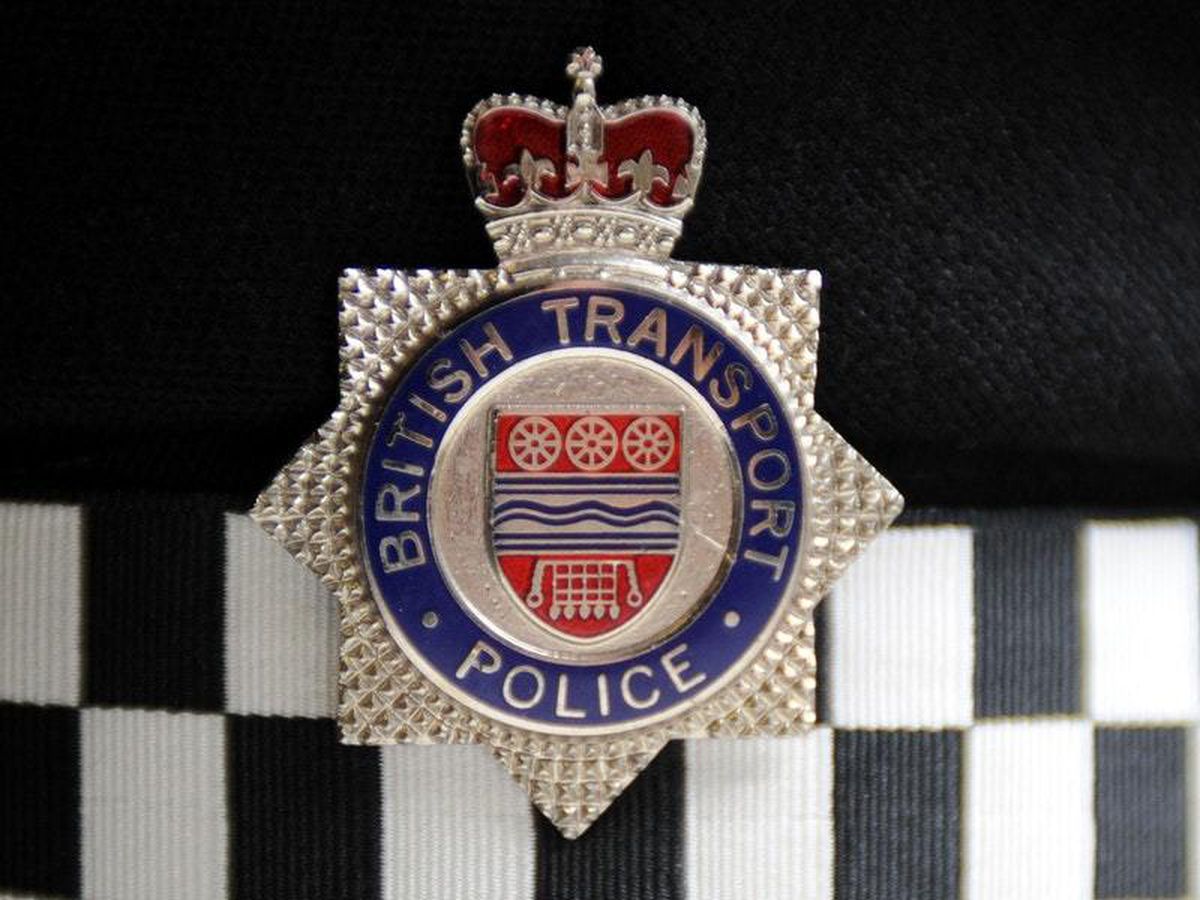British Transport Police (BTP) Chief Constable Lucy D’Orsi QPM has offered a fulsome apology to Britain's African heritage community for the trauma it suffered, during the reign of terror by rogue police officer DS Derek Ridgewell and colleagues, particularly in the 1970s.
“I am sincerely sorry for the trauma suffered by the British African community through the criminal actions of former police officer DS Derek Ridgewell who worked in BTP during the 1960s and 70s,” the Chief Constable stated.
“In particular, it is of regret that we did not act sooner to end his criminalisation of British Africans, which led to the conviction of innocent people. This is simply inexcusable and is something that my colleagues and I are appalled by.”
The apology is in response to a resolution made at the Police And The Criminalising Of British African Youths By Numbers Zoom meeting organised by BTWSC/African Histories Revisited last September, when it was decided that the BTP be approached for an apology for the past infractions of former BTP police officer DS Derek Ridgewell, which led to several African youths being jailed in the 1970s.
The approach to the BTP, which is independent of London's Metropolitan Police Service and is not funded by central government, also included suggestions such as a bursary for a young person of African heritage with an admission to study law or criminology in a British university. The Chief Constable responded to this proposal, saying: “I am very keen to explore this proposal. I cannot confirm any arrangements at this stage, but I hope to communicate on our plans in due course.”
It was also suggested that BTP officers should be provided with anti-racism, and African history and culture workshops, to improve their engagement with the British African community. To this, the BTP responded, saying: “BTP is committed to combating racism, which includes Afriphobia, which led to these historic cases that targeted African youths and destroyed lives.
“To demonstrate our commitment to a positive future, we will continue to explore how best to improve our people’s knowledge and understanding of anti-racism and African history and culture, through their continued professional development. This is something I know my colleagues feel passionately about.”
DS Ridgewell and his colleagues, who were responsible for policising London's underground railway system, routinely fitted up several African youths on false charges. Some of his victims became known as the Waterloo Four, Oval Four, Stockwell Six and the Tottenham Court Road Two.
Ridgewell's reign of terror in trains or at train stations came to an end, when he was quietly transferred from the underground to work in a south London mail depot investigating mail theft. The transfer came about when Ridgewell's evidence in the 1973 Tottenham Court Road Two case was so unbelievable, that Judge Gwyn Morris halted the case involving two accused Jesuit students from Oxford University.
The judge, in closing the collapsed case, said: "I find it terrible that here in London people using public transport should be pounced upon by police officers without a word.” However, Ridgewell's criminal bent led to him being was jailed, when it was discovered that he was in league with the very criminals he was supposed to be investigating, and with whom he shared the proceeds from the stolen mailbags.
He died of a heart attack in prison in 1982, whilst serving a seven-year imprisonment. In the last two years, the wrongful convictions of the Oval Four and Stockwell Six, in which DS Ridgewell gave false evidence, have been overturned at the Court of Appeal.
In each of the cases, senior BTP officer has offered an apology to the victims of the quashed outcomes. However, Winston Trew, who was one of the Oval Four and a guest at the September meeting, was supportive of the suggestion that the BTP apologise to the British African community, which also suffered as a consequence of Ridgewell's rogue activities.
The BTP's apology will form part of the video screening and discussion led by history consultant Kwaku and veteran community activist Cecil Gutzmore at the Police And The Criminalising Of British African Youths By Numbers 2 Zoom meeting on November 8.











